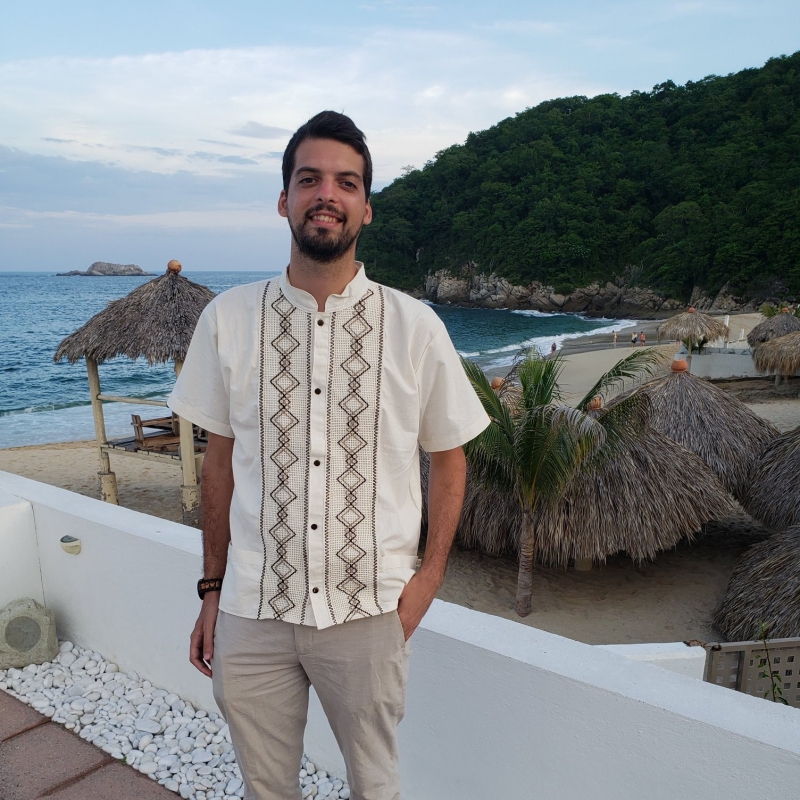Diego Zelaya, GED’18

Diego Zelaya
Teaching English to Speakers of Other Languages M.S.Ed.
Part of our Share Your Story Campaign
"Learning a reflective-analytical teaching method at Penn GSE in 2018 has never been more important and relevant to my improvement as a professional educator."
“Learning a reflective-analytical teaching method at Penn GSE in 2018 has never been more important and relevant to my improvement as a professional educator,” says Diego Zelaya, GED’18, an ESL professor. “Transitioning from face-to-face to online learning at the Universidad del Mar Huatulco, a state university in Oaxaca, Mexico, has introduced new challenges in developing multilingualism in my students. A majority of my Oaxacan students do not have internet access that would allow them to see course materials and interact with their professors and their peers. More importantly, with distant-language teaching, I quickly found out that my students weren’t receiving meaningful interaction, a central component in language development. In response to this critical issue, I investigated the following: In what ways can I create meaningful interaction in the classroom through a virtual learning environment? At Penn GSE, I learned how to address issues such as these in the classroom, negotiating between my own artistry as a teacher and educational linguistics scholarship. Overall, I have found using multiple free apps such as a Zoom and WhatsApp to be effective in delivering opportunities for interaction, particularly to negotiate meaning, through virtual spaces. I would encourage language teachers to return to reflective-analytical teaching practices and keeping a record of their experiences during these times. I would also encourage educators to practice critical reflection, considering how social and political context affects the classroom. As an educator, it is my goal that my students not only become proficient English speakers but also develop themselves as informed and active citizens in a democratic society. This means not only teaching English to my students, but also giving the opportunity for my students to become ‘language justice warriors’ in multilingual spaces, promoting multilingualism throughout Oaxaca.”
